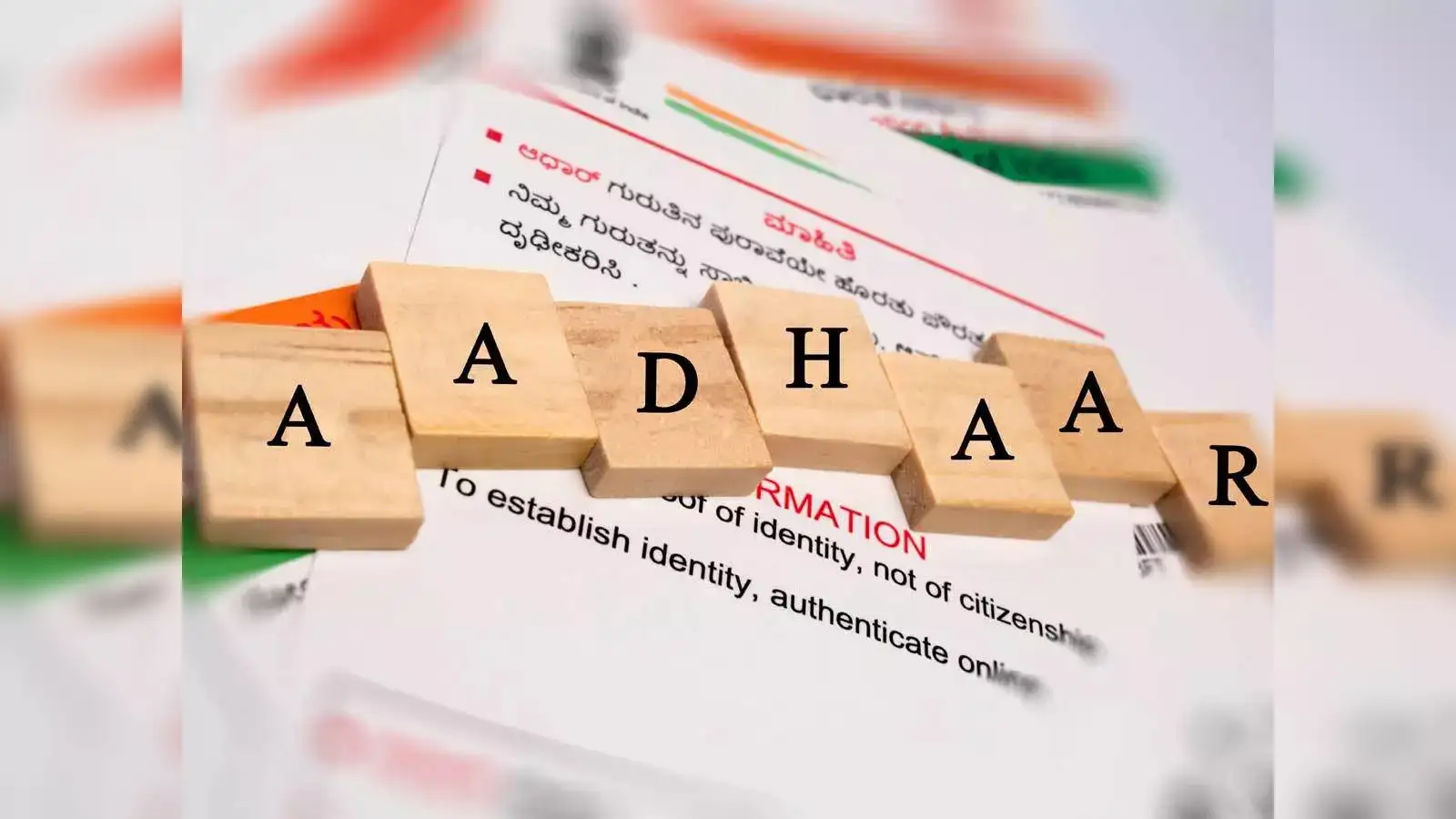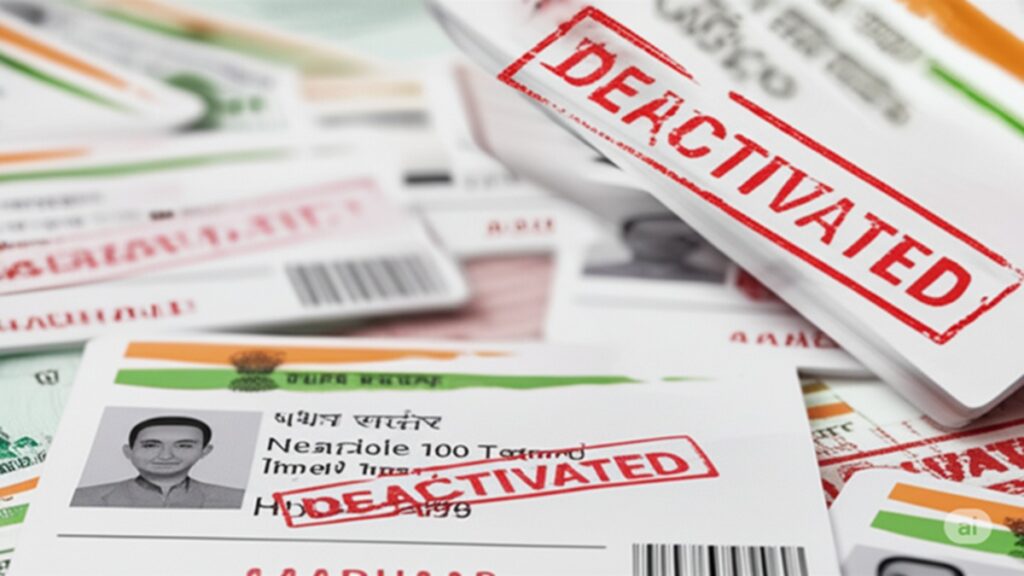The Unique Identification Authority of India (UIDAI) has intensified its commitment to maintaining the integrity and accuracy of India’s digital identity ecosystem. By taking proactive steps to deactivate Aadhaar numbers of deceased individuals, UIDAI is setting a new benchmark in data hygiene and security.
UIDAI, in collaboration with the Registrar General of India (RGI), has already accessed 1.55 crore death records from 24 States/UTs under the Civil Registration System. Following stringent validation procedures, over 1.17 crore Aadhaar numbers of deceased individuals have already been deactivated — a massive step towards curbing identity misuse and digital fraud.
Reporting Deaths Now Just a Click Away
To further simplify the process, UIDAI launched the “Report Death of Family Member” service on the myAadhaar portal (as of June 9, 2025). Citizens from 24 CRS-enabled states can now easily report the death of a family member online. All it takes is:
Aadhaar number of the deceased
Death registration number
Basic demographic details
Authentication by the reporting family member
This service ensures a secure, respectful, and transparent way to deactivate Aadhaar posthumously.

Future Steps: Deepening the Net of Verification
UIDAI isn’t stopping here. It’s also:
Sourcing death records from banks and Aadhaar ecosystem partners
Collaborating with State Governments to verify centenarian Aadhaar holders (100+ age group)
Planning to onboard non-CRS states/UTs for broader data collection and verification
This layered strategy is built to ensure no misuse of Aadhaar occurs, even after a person’s death, safeguarding their identity and dignity.
Citizens’ Role: A Vital Link in Digital Security
UIDAI urges citizens to report the death of their family members through the portal after securing the official death certificate. This not only prevents misuse but also upholds the ethical usage of one’s digital identity in national records.
As India marks the spirit of 75+ years of freedom, this step symbolizes the government’s focus on clean governance, digital empowerment, and responsible citizen participation.


